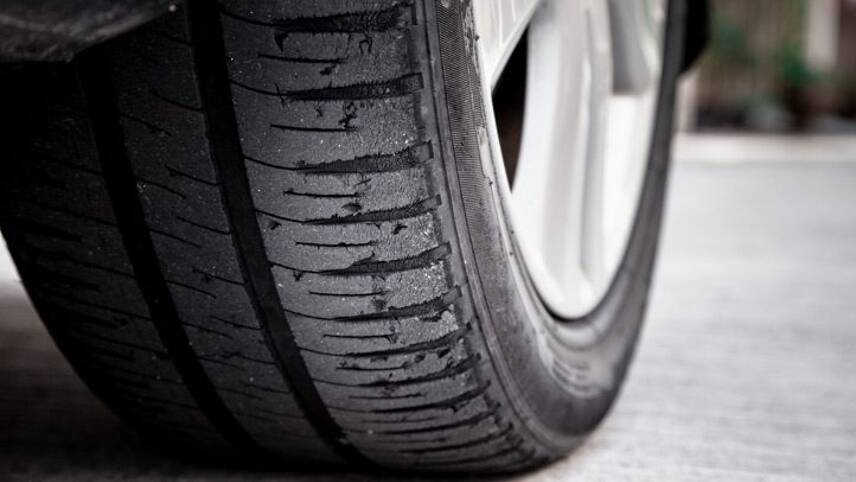Register for free and continue reading
Join our growing army of changemakers and get unlimited access to our premium content

68
The MPs are calling on business to help realise a key aim of the Clean Growth Strategy – addressing all sources of particulate matter, including those from transport.
The call from MPs is built on a new report, published today (11 July) by the Air Quality Expert Group (AQEG). The report notes that tyres and brakes from road vehicles are predicted to account for 10% of national emissions of Particulate Matter (PM 2.5) by 2030.
Environment Minister Thérèse Coffey said: “The documents published today make clear that it is not just fumes from car exhaust pipes that have a detrimental impact on human health but also the tiny particles that are released from their brakes and tyres.
“Emissions from car exhausts have been decreasing through the development of cleaner technologies and there is now a need for the car industry to find innovative ways to address the challenges of air pollution from other sources”.
Wear from brakes and tyres are an overlooked source of pollutants. Every time a car is used, small particulates including dust and microplastic are released into the environment.
The government has been working to better understand the issue and will shortly publish the findings of a £200,000 research project with the University of Plymouth. The project aims to assess the impact of microplastics from tyres and clothing on the marine environment.
Transport Minister Michael Ellis said: “We are committed to reducing all transport emissions and cleaning up our air. With record levels of ultra-low emission vehicles on the UK’s roads, things are clearly moving in the right direction.
“To continue this progress, we are looking for ways to reduce emissions from other sources such as brakes and tyres. We are engaging at an international level to identify how to measure these emissions as well as aiming to develop standards to control them.”
Four sources
Last year, the ‘Reducing Household Contributions to Marine Plastic Pollution’ report revealed that up to 32,000 tonnes of microplastic pollution enter British waterways each year from just four sources.
The two leading sources identified were tyre abrasion – between 7,000 and 19,000 tonnes annually -and clothing.
The four key contributors to microplastic pollution in the oceans from UK sources, according to the report, are:
- Vehicle tyres: 68,000 tonnes of microplastics from tyre tread abrasion are generated in the UK every year, with between 7,000 and 19,000 tonnes entering surface waters;
- Clothing: the washing of synthetic clothing could result in the generation of 2,300-5,900 tonnes of fibres annually in the UK – up to 2,900 tonnes of this could be passing through wastewater treatment into our rivers and estuaries;
- Plastic pellets used to manufacture plastic items. Up to 5,900 tonnes are lost to surface waters in the UK every year;
- Paints on buildings and road markings – weather and flake-off results in between 1,400 and 3,700 tonnes ending up in surface water every year.
Matt Mace


Please login or Register to leave a comment.